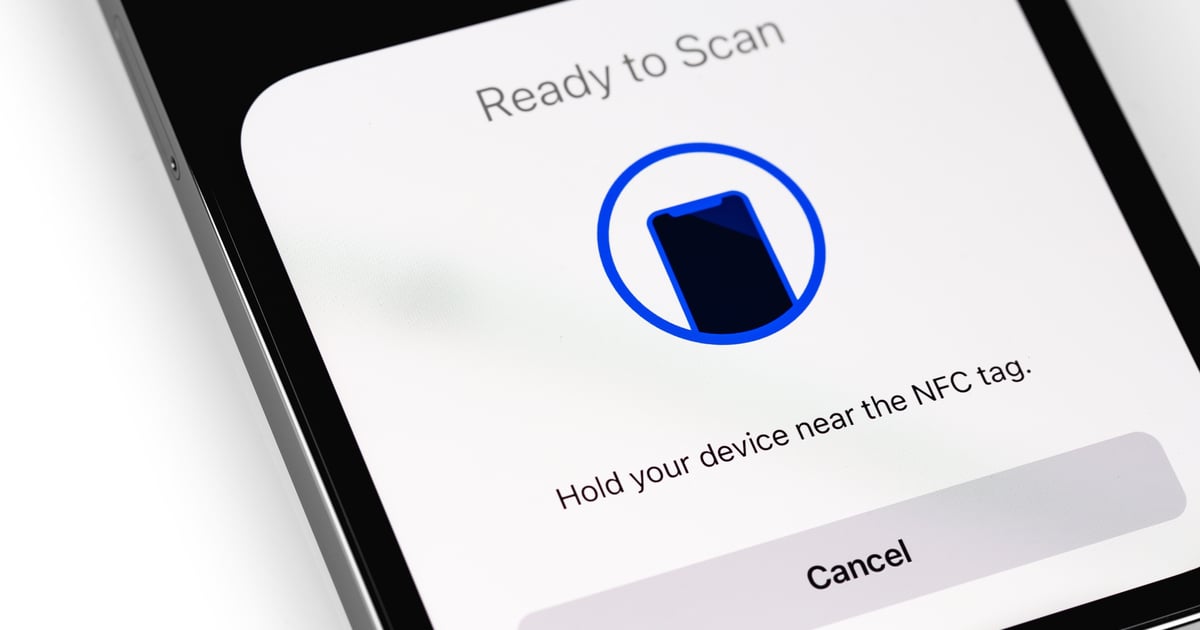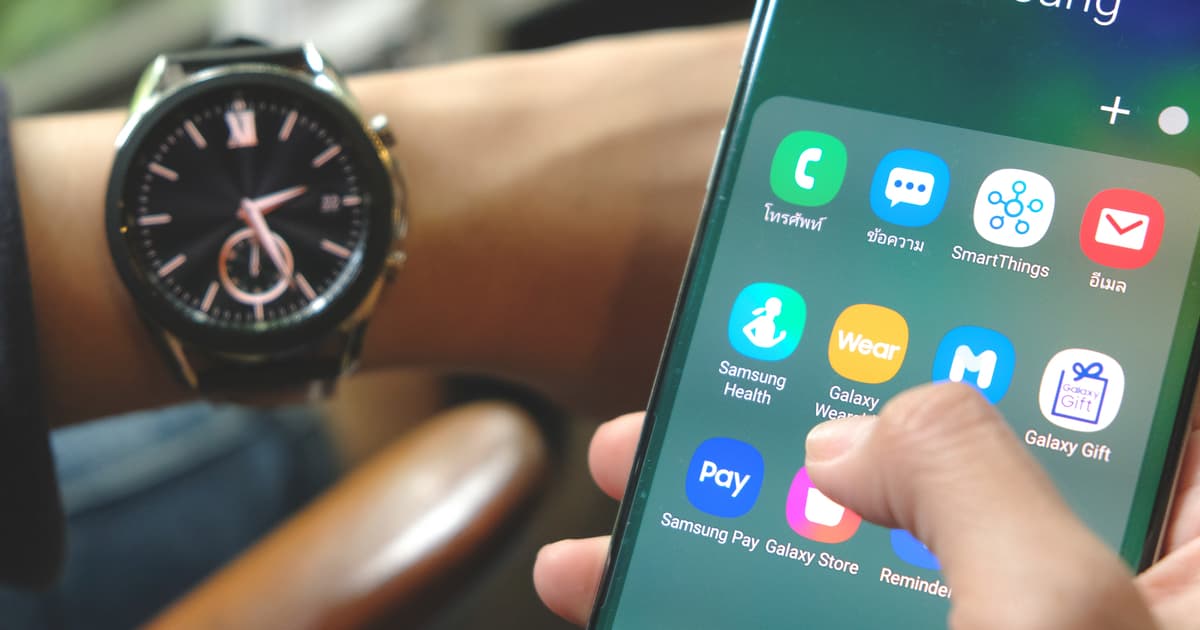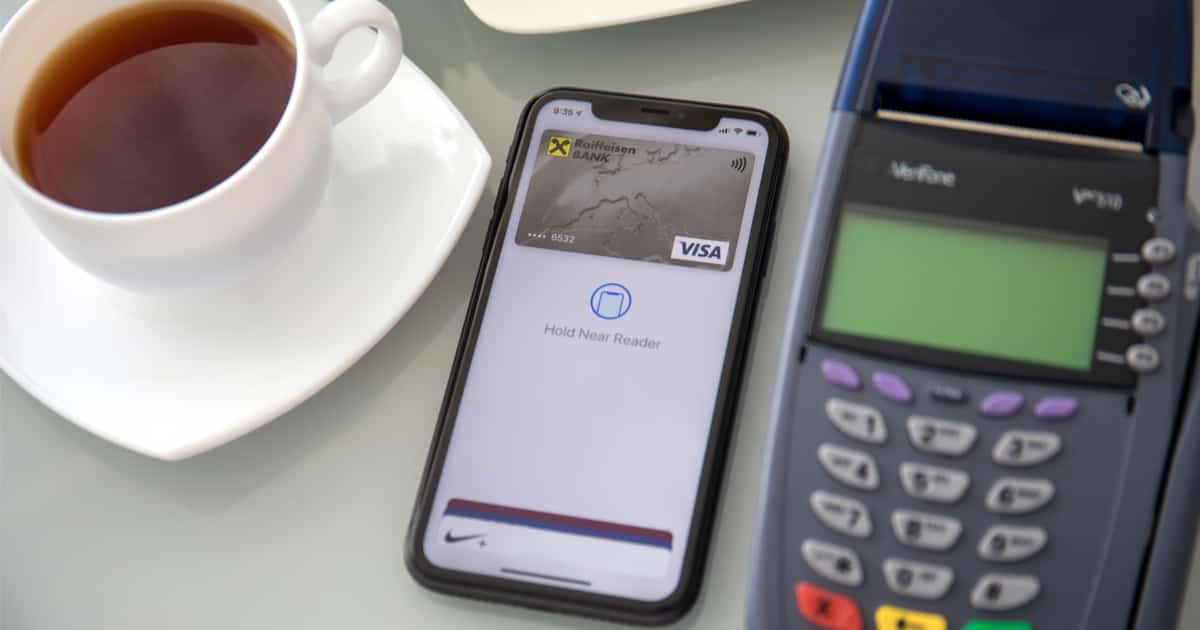Recently, we learned that the European Union is bringing antitrust charges against Apple. The complaint revolves around the fact that the only payment network available through the iPhone’s NFC chip is Apple’s own. What exactly does all of this mean for you, the typical iPhone user? Let’s take a look at NFC, Apple Pay, and what the EU is alleging.
NFC, Apple Pay, Apple Cash, App Stores
Some confusion might have leaked into the wild, because Cupertino has been in the news for a variety of antitrust accusations. Not only has the tech giant come under fire for its NFC Apple Pay exclusivity,South Korea recently passed a law declaring that both Apple and Google (along with any other smartphone app store provider) have to allow alternative payment methods. In another case, Cupertino agreed to allow some apps a way to bypass App Store payments globally. That shift comes to appease the Japan Fair Trade Commission.
None of that has anything to do with the NFC chip in your iPhone, though, or the EU’s current complaint against Apple.
It’s All About the NFC, Man
In order to use your smartphone to pay for things at a card reader, your iPhone uses Near Field Communication (NFC) technology. This technology was invented in 2002 to allow contactless data transfer to devices like smartphones. “Card emulation” is probably the most common use of NFC. When you hold your iPhone near a card reader at the store to pay for your purchase, that’s NFC card emulation. Your credit and debit cards stored in Wallet are using NFC in card emulation mode, through Apple Pay, to pay for your purchase.

NFC can also be used, for example, to transmit a digital business card from one device to another. Ever since the iPhone 7 in 2017, it’s been possible to read NFC data on iOS through a third-party app. The usefulness of NFC in iOS has gradually increased, except for card emulation support.
The EU is pursuing Apple because its NFC card emulation technology in the iPhone won’t work with any payment network other than Apple Pay. You can’t use Android Pay or Samsung Pay, for example, on an iPhone. The software inside your iPhone won’t allow non-Apple apps to use the NFC chip as a payment gateway.
Why Lock the iPhone NFC to One Payment Network?
Depending on your level of pessimism, there are a few reasons to restrict card emulation support on iOS to Apple Pay. At the most cynical level, it’s a way for Cupertino to continue collecting its micro-payments for Apple Pay usage. Each time you use a debit or credit card in Apple Pay, Cupertino gets paid. In the US, it amounts to 0.15% for credit card purchases. Debit card transactions net Apple an estimated $0.23 to $0.57.
There is, however, an issue of consumer privacy and safety. By only allowing the iPhone to use Apple Pay for card emulation, Cupertino reduces (or even eliminates) the risk of your card data being exposed to a hacker.

If you think that’s too far-fetched, consider this. Samsung Pay is, technically, only available on certain Samsung-branded smartphones. However, the Samsung Pay software is available on various third-party app repositories. Several sites offer instructions on installing and using Samsung Pay on any Android device with an NFC chip. It would not be difficult to provide an APK (that’s the package format for an Android app) that looked and behaved just like Samsung Pay. In the background, however, that app could be providing cybercriminals your card information.
A Compelling Rationale to Limit the iPhone’s NFC Card Emulation Capabilities
This is a very strong reason for limiting NFC card emulation on the iPhone to Apple Pay. We’ll see, however, if the EU finds it compelling enough to drop its antitrust charges.

As the EU is a cartel, and has zero understanding of WHY Apple Pay is locked down and secure, I am quite content for the EU to screw over the citizens of its member states by weakening the security models. I use Apple Pay daily, anything up to ten times to pay for everything from coffee to fries. So I am delighted this is someone else’s problem. We left the EU and this is just another benefit. Maybe they should focus their efforts on Amazon and Facebook, who are merrily destroying the high street and the social fabric of society, but hey, that’s OK, we are disrupting the market. More like distorting the market.
You do realize that if the EU requires Apple to open up NFC card emulation to third parties, that weakened security model would impact more than just the EU member states? Apple is highly unlikely to create an entirely separate version of iOS just for the EU. It may not affect you directly, if you stick with Apple Pay, but the “benefit” you mention of leaving the EU is illusionary.
This problem could be solved by Apple creating (or, more likely, exposing an existing one) an “entitlement” for use in curated apps to select companies. Where I work, for example, we applied for a network extensions entitlement that allows us to change the user’s wifi connection. As I recall it was a form that had to be filled out telling Apple about our intended usage and why we needed the functionality. Access to an NFC API set could be done the same way.
Jeff:
Excellent summary and succinct explanation of the technology and the issues.
When it comes to privacy-sparing technologies, unless we the consumer have evidence to the contrary, our default should be to support the technologies and services that protect our privacy and data, until such time that we have evidence that technology no longer serves that purpose.
In that vein, independent governance bodies should not be capable, in isolation of consensus from governments representing the vast majority of potentially affected consumers, to take decisions that might deprive people, whom these isolated bodies do not even represent, of those privacy features.
Rather, what we need are global standards for challenging and disallowing privacy features on technology, and consensus on a replacement solution of equivalent efficacy, before those technologies are disallowed in any market.
This current hodgepodge of complaints and ‘cunning plans’ that pass for remedies from isolated legislatures, nearly all equally lacking in even a rudimentary understanding of the technologies in question, puts us all at risk, and needs to end.
Moreover, these legislators should be required to provide evidence of harm, and to whom, weighed against the benefits, and for whom, before deciding, on balance, that a technology should be changed or disallowed for market competitiveness and the greater social good.
I am confused on this. I have my bank debit and some credit cards, plus my Amtrak ticket account in my iPhone’s Wallet app. Do they not use NFC?
Hey Lee,
Yes, the Wallet app uses Apple Pay. The debit card and credit cards all utilize NFC card emulation through Apple Pay. The Amtrak ticket account, I’m not so certain about. If you just hold your iPhone near a ticket reader without scanning a barcode or QR code, it’s using NFC.
Does that mean then that Apple gets a cut when I use say a department store card?
San Diego Transit recently introduced a new ticketing and fare system. Their app uses an optical scanner which is not very reliable and it can take a long time to load the bus if most riders are using the app. There is also a NFC card that you can tap on the dual optical and NFC ticket reader, the card is fast and reliable. The optical system seems poorly thought out and poorly field tested, they are getting hammered in the App Store reviews. Maybe using Apple’s Express Transit would have been better.
Only if that department store card can be used in places other than that department store. In other words, if it carries a debit/credit card logo (Visa, Mastercard, American Express, Discover, etc.), Apple gets part of the fees. These are known as open-loop store cards. If the card lacks that logo and can only be used at that particular retailer, it’s known as a closed-loop card. I don’t believe Apple gets any fees from those, if Apple Pay even supports those.
It’s important to note, though, that it shouldn’t cost you anything extra to use Apple Pay. The fees Apple collect come from the credit card processing fees (called interchange fees) the merchant pays.